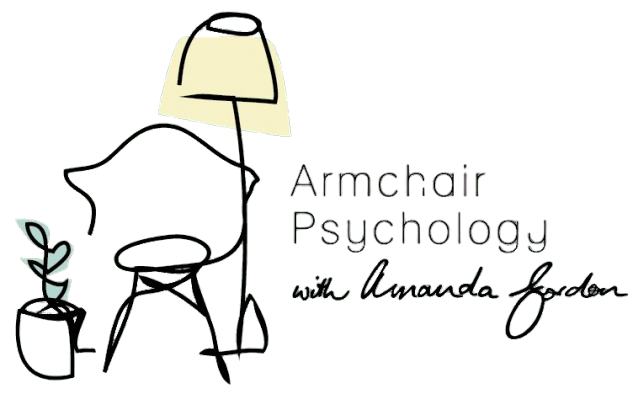End of Year Burnout: When Achievement Becomes Your Enemy
As December approaches, calendars fill with project deadlines, client demands and social events. High‑performing professionals are no strangers to stress, but the end‑of‑year crunch can push even the most resilient people beyond their limits. If you’re feeling exhausted despite hitting every target, you’re not alone — and it’s not laziness. It’s burnout.
Why high achievers burn out. Research shows that A‑grade performers and CEOs are significantly more likely to experience mental health issues than the general population. Your drive, perfectionism and willingness to work long hours create the very conditions that lead to burnout. When you consistently overcommit and ignore early warning signs, your nervous system runs on stress hormones for months. By December, the adrenaline surge fades and fatigue, irritability and cynicism take its place. Many high achievers continue to deliver excellent results, while secretly struggling with insomnia, mood swings, reliance on caffeine or alcohol and a constant sense of dread. These hidden symptoms are not character flaws — they’re biological markers that your brain and body need rest.
What makes year‑end different. The final quarter often coincides with performance reviews, budget meetings and the pressure to “finish strong.” Holiday obligations and expectations to be cheerful add extra strain. Let alone the lure of the beach and the sunshine!.
Some practical steps you can take immediately include:
- Treat yourself as if you’re recovering from a physical illness.Prioritise sleep, nutrition and gentle exercise. Burnout affects your immune system, so rest is non‑negotiable.
- Set realistic daily goals and celebrate when you achieve them.Recognising small wins retrains your brain to appreciate progress rather than chasing perfection.
- Take proper lunch breaks away from your desk. Stepping outside for a walk or sitting in the sun can reset your nervous system.
- Finish your workday at a reasonable time whenever possible. Remember that productivity decreases as fatigue increases.
Beyond these basics, long‑term recovery often involves redefining success and adjusting expectations. This may mean delegating tasks, postponing projects that can wait, or having an honest conversation with your employer about sustainable workloads. Professional support can also help you identify unhealthy patterns and develop new coping strategies. Ouradult therapy services provide personalised techniques to manage stress and prevent relapse. If workplace culture contributes to your burnout, ourcorporate services team can advise on building psychologically healthy environments.
Remember, burnout is not a personal weakness but a signal your body and mind need care. Seeking help early makes recovery faster and prevents long‑term consequences. Professional support — whether through counselling, coaching or organisational change — can help you regain balance and prevent future burnout. You deserve to finish the year feeling healthy, not broken.
For more information on recognising and addressing burnout, see theBlack Dog Institute’s resources. Healthdirect also provides practical self‑care tips and information on when to seek medical help through itsmental health portal.
Leave a message and get a personal call back from Amanda to help decide the best path for you.






















